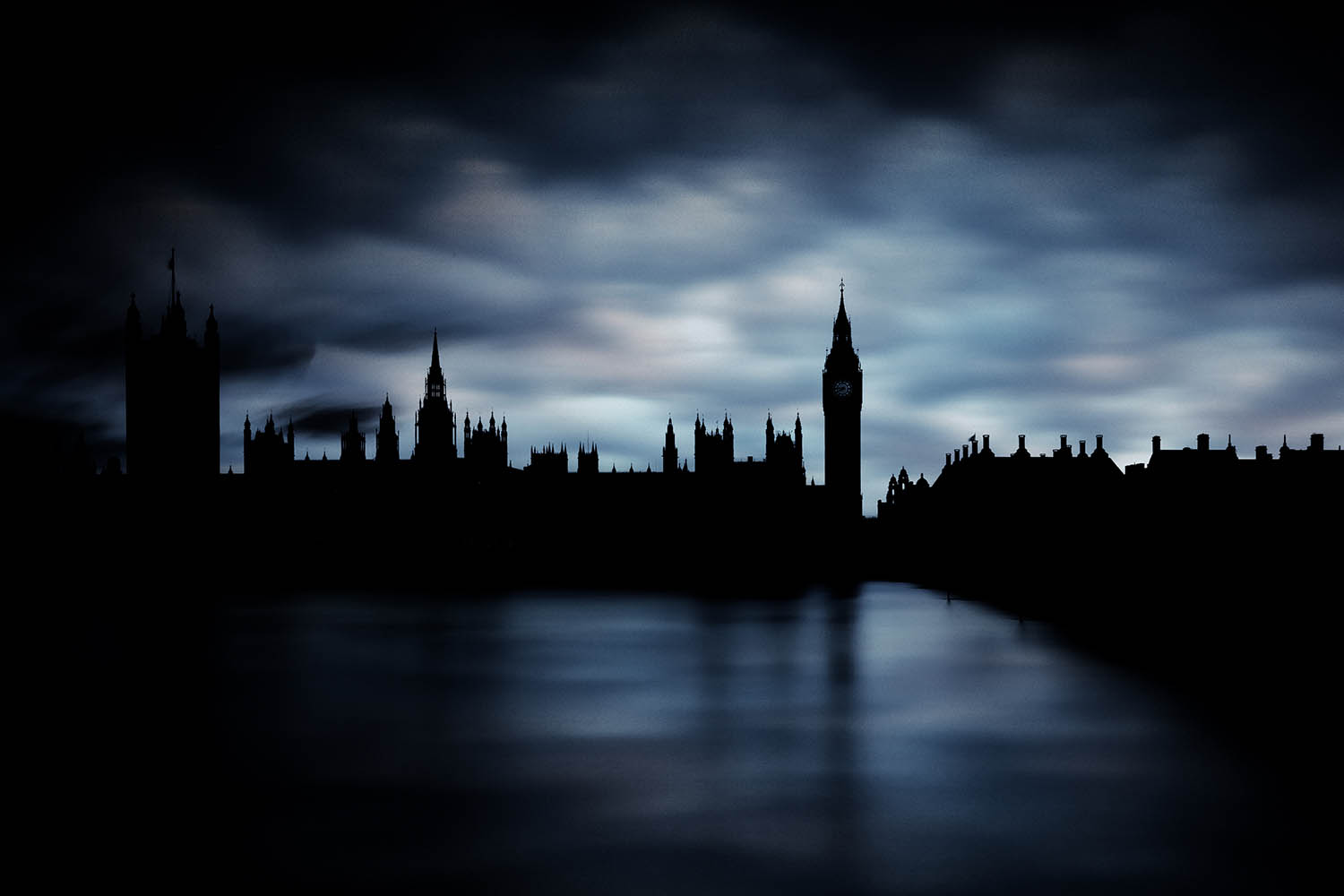
Westminster should be an exemplary place to work but it’s teeming with bullies and pests and new rules to control them don’t look adequate.
- Thousands fled flooding in Ukraine’s Kherson region (more below).
- Canadian wildfires caused air quality warnings across the eastern US.
- UK house prices fell year-on-year for the first time in a decade.
MPs are to vote on new rules to exclude colleagues from Westminster if they are accused of sexual or violent misconduct.
A new report compiled by the House of Commons Commission recommends that MPs under criminal investigation be excluded from the parliamentary estate and denied parliamentary-funded travel.
So what? Harassment is endemic in Westminster. The seat of British democracy should be a safe and civilised place to work, but isn’t. Since the last election, there have been dozens investigations being conducted by the independent complaints and grievances scheme (ICGS) for a range of alleged offences, including sexual ones. The new rules are a response, but no more than that:
- Current ICGS cases wouldn’t necessarily meet the new threshold for exclusion from the parliamentary estate because it requires police involvement first.
- MPs themselves are therefore saying the new report doesn’t go far enough.
As it stands, the accused usually retain access to the parliamentary estate while an internal investigation takes place. They can continue to vote, take part in debates and hold meetings – meaning there are no safeguards for the victims.
The most serious cases include those of
- former Conservative MP Imran Ahmad Khan, who resigned after being convicted of a sex offence;
- former Conservative MP Andrew Griffiths, found to have raped his wife Kate Kniveden;
- Charlie Elphicke, ex-MP for Dover, who was convicted and jailed in 2020 for sexually assaulting two women.
But there are more – most involving Conservatives MPs still free to access the estate:
- Chris Pincher, suspended from the Conservatives after groping two men in the Carlton Club;
- Fellow Tory Julian Knight, suspended and under police investigation for serious sexual assault;
- David Warburton, suspended by the Conservatives following allegations by three women;
- Rob Roberts, who lost the Conservative whip for having sexually assaulted a staff member;
- Labour MP Geraint Davies, suspended last week after allegations of multiple offences;
- Labour MP Chris Matheson, who resigned after a complaint of “unwanted sexual advances” was upheld; and
- Neil Parish, who resigned as a Conservative MP after being seen watching porn in the Commons chamber.
There are many other unnamed individuals, including a Labour shadow minister who assaulted a fellow MP, as reported by Tortoise last month.
An unnamed Conservative MP, on bail after being arrested on suspicion of indecent assault, sexual assault, rape and other related charges, has agreed not to attend the estate – but this is voluntary.
Under the new rules: once police have passed on credible allegations to parliament, a staff panel will be convened and a risk assessment conducted. If exclusion is recommended, that will be put to an adjudication panel. Other mitigating measures will also be considered.
This means
- There’s no investigation without a referral to police.
- Even with a referral, accused MPs can stay on the estate pending a recommendation.
Even if exclusion is recommended…
- MPs will still be paid and have a proxy vote (to ensure their constituents are not disenfranchised).
- The new rules say nothing about action off the parliamentary estate, for example about whether MPs can continue to meet constituents.
- But they do recommend that any exclusion automatically ends should a criminal investigation or charge be dropped or once a criminal trial has been concluded.
By comparison: police officers remain on paid suspension even if acquitted in a criminal process, until a civil panel has cleared them on the civil burden of proof.
Charlotte Nichols, a Labour MP who has been vocal about the widespread nature of the problem, said it was “snide” to try to push people to go to the police in the context of a 1.6 per cent conviction rate for sexual assault: “Our number one priority should be safeguarding and ensuring victims are supported and empowered in coming forward, regardless of which mechanism they use.”
Nichols said requiring a police report would disincentivise people from coming forward.
A Conservative MP who didn’t want to be named said there were “plenty of real, current cases where people wouldn’t be excluded under these rules”.
Waiting until the recommended police threshold undermined the purpose of exclusion, the MP added. “Once you’re named, you’re no longer a risk.”
Baby steps. Even getting the new rules approved is not a given. There is broad consensus among members of the commission on the need to exclude MPs credibly accused of violent or sexual offences, but two unnamed members have explicitly disagreed, citing the principle of innocent until proven guilty.
That gives a taste of the likely resistance that these proposals will face when they come up for debate on June 12.
This article has been amended after publication.











